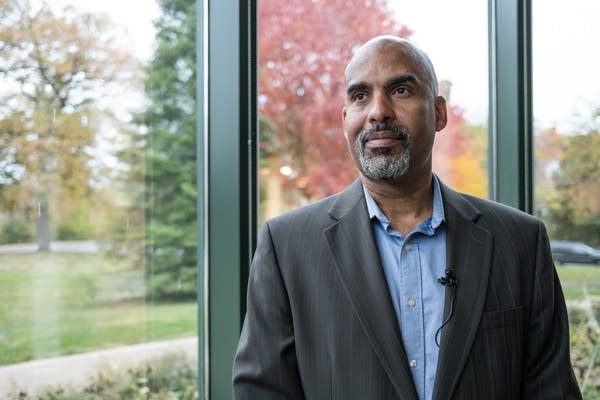New U of M research center to focus on how the brain works

University of Minnesota professor and MacArthur fellow Damien Fair inside of the new University of Minnesota Masonic Institute for the Developing Brain on Wednesday.
Evan Frost | MPR News
Go Deeper.
Create an account or log in to save stories.
Like this?
Thanks for liking this story! We have added it to a list of your favorite stories.


